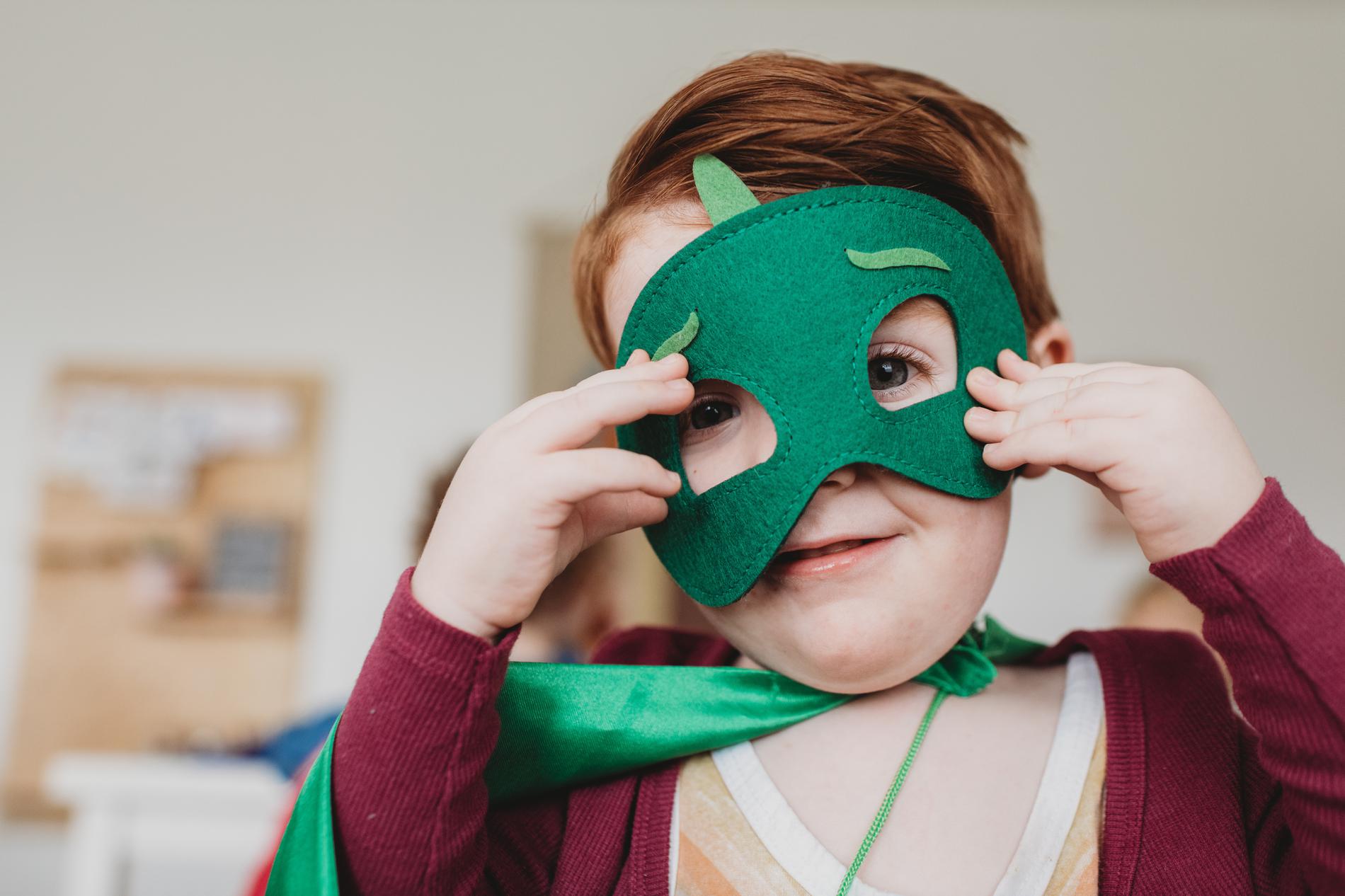
Andrew Walen
Oct. 20, 2015, 6:16 p.m.

I just attended the National Eating Disorders Association Conference in San Diego, California, and I think I know what a unicorn must feel like. Let me explain.
I’m a man who has recovered from an eating disorder and I am now a therapist specializing in the treatment of males with eating disorders. To have perspective from both sides, and to be willing to speak about both sides, is apparently a bit like finding a mythical cloven-hoofed creature in the woods. I was pulled aside to do podcasts, video shoots, interviews, photo-ops, and story swaps. It felt like I was the spokesperson for all men everywhere. It’s a nice ego boost, but I don’t think the people who need to hear these stories are hearing them yet.
These conferences, blogs, podcasts, and the like are almost universally produced, attended, read and heard by women. It’s a joy to share the information, no matter who is listening, but men still do not come out in any kind of numbers, this is likely due to fear of feeling like an “other,” someone who is un-masculine, someone with a “girl’s issue”, or someone with a “gay man’s issue.”
Compounding the issue, are the eating disorder treatment and advocacy communities that perpetuate this myth. Most of the non-profits who disseminate information say men make up approximately 10 percent of individuals affected by eating disorders. The truth is that this number does not come from the research, but from the percentage of those who are seeking treatment. The reality is that men make up about 1 in 3 cases of eating disorders like anorexia and bulimia, and approximately 40 percent of those with binge eating disorder.
As for eating disorders being a gay man’s issue, well, gay men do make up a disproportionate number of those seeking treatment for an eating disorder – about 42 percent – but make up only 15 percent of men who are suffering.
So what’s the consequence? Men stay under the radar until they are acutely sick. And as we know, the longer someone stays in the disease, the less likely they are to recover. In fact, men are more likely to die from anorexia than women after treatment failure, and it’s not due to suicide. It’s due to the severity of the illness.
Part of the problem is that men don’t relate to the information out there about eating disorders. Women typically fixate on a number on a scale, desiring to be unnaturally thin to meet the expectations presented in the media. But most men don’t worry about the scale. Half of the men out there with body image concerns want to be thinner, and the other half want to be bigger. But all of them want to be more muscularly defined. That may mean cutting fat, but the scale isn’t usually what matters. Men with anorexia whom I’ve treated will worry about the notch on their belt buckle, the size of their shirt, their performance in a sport, their sexual prowess, or the amount of weight they can lift.
In addition, it’s incredibly common for men to gather in groups and binge eat and then compensate by over-exercising. Want to know how common? Gabriel Iglesias, the comic who goes by the nickname Fluffy, has a new show out called Fluffy Breaks Even that shows him bingeing at some restaurant followed by doing the most gruelling workout some maniac trainer can devise, and he does it with two of his buddies! When art imitates life, you know there’s an issue. This binge behavior followed by compulsive exercise is just one form of bulimia, and guys may not see the issue until they get injured or find that it impacts their work or home life. That was my experience in my 20s. I was a binge eater who would restrict after a binge out of shame and guilt and use exercise to burn off the binge. That compulsive exercise led to destruction of my hip and both shoulder joints, requiring surgery and a lifetime of pain that is only worse now in my 40s. But it was “normal” to me, as almost every man I saw in the gym did this.
When I started to seek help, it was next to impossible to find someone who understood males with eating disorder and body image issues. There were almost no men out there in the field, and no men who were in treatment openly seeking to share their experience. But that’s changing.
Whether it’s celebrities – Dennis Quaid, Caleb Followill from Kings of Leon, Russell Brand, and Sir Elton John – or the regular guy – Brian Cuban (author of Shattered Image), Ron Saxen (author of The Good Eater), or Adam Lamparello (author of 10 Mile Morning), or Eric Ceballos (male model and actor who recently started speaking as someone recovered from bulimia) – men are speaking up and speaking out.
And women are coming to better understand that males are every bit as vulnerable to the media messages of the perfect body ideal. A great example is the documentary by Jennifer Siebel Newsom’s The Mask You Live In, which so forcefully digs into the heart of male body image disturbance and expectations for masculinity.
It’s starting. I won’t be a unicorn for long. Hopefully more men who are struggling with eating disorders and body image disturbance will find the strength to recover and then give back either as a clinician or an advocate for other males. As a result, more men will no longer feel like an “other” in treatment rooms and support groups. They won’t be as sick when they decide to seek out help. And they will understand that they are not alone in this fight, that their voice is being heard, the language of body image and eating disorders they use is real, valid, and understood. And most importantly, that admitting to these issues is not a sign of weakness, but a sign of strength as we all learn to man up to eating disorders.
Image credit: reachingforrecovery.tumblr.com
Andrew Walen is the Founder and executive director of The Body Image Therapy Center in Central Maryland and Washington, DC (TheBodyImageCenter). He is also the President-elect for the National Association for Males with Eating Disorders (NAMED), which can be found at www.namedinc.org. He is the author of the book Man Up to Eating Disorders: A Memoir and Self-Help Book for Men and Boys Struggling with Body Image, Self-esteem, Fat Shaming, and Eating Disorders, available on Amazon in paperback and e-book, and Barnes & Noble and iTunes as an e-book.

June 15, 2018, 9:23 a.m.

Feb. 6, 2018, 2:08 p.m.